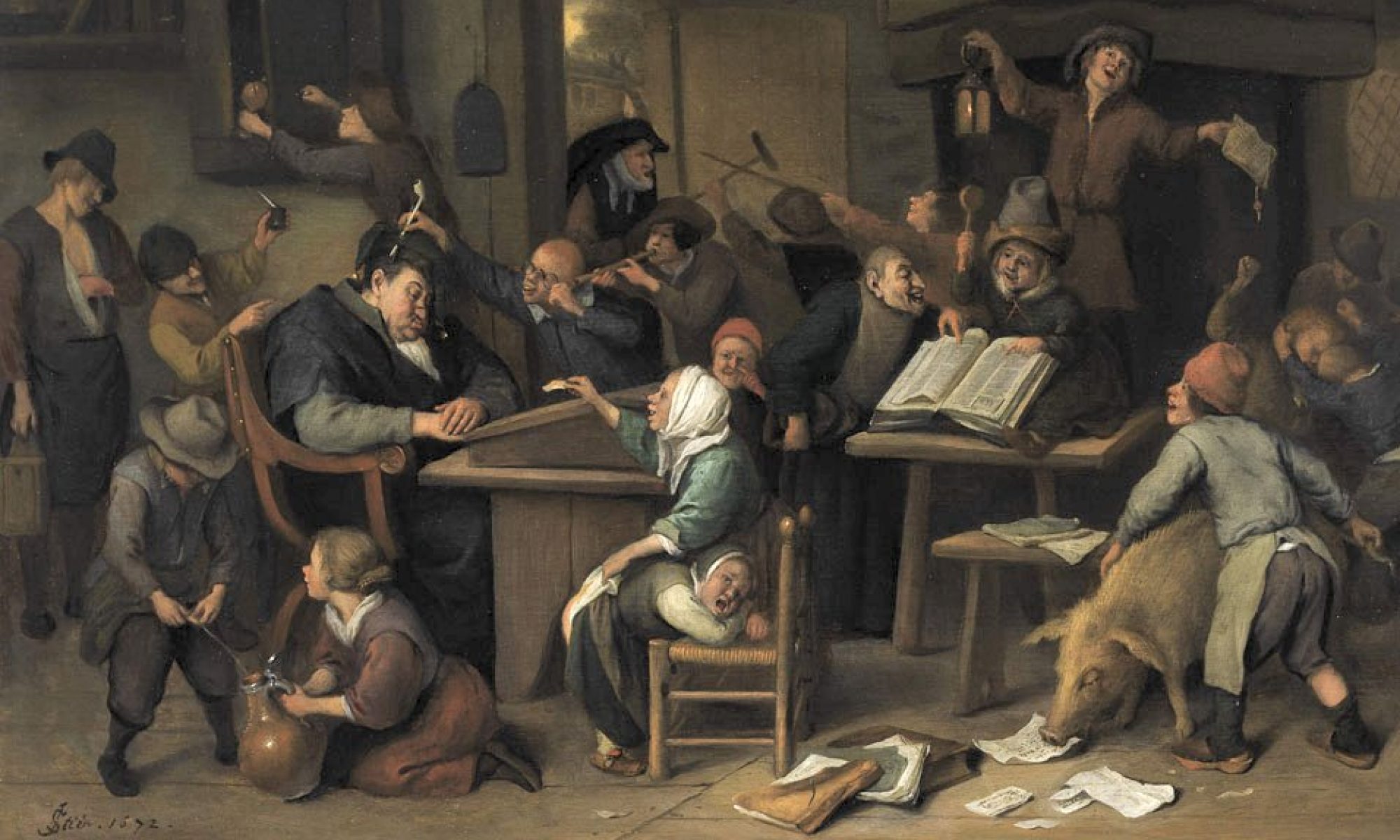How language confounds – That’s “good day” in the Coptic language, and we thought it’s the best way to greet you, dear readers, on International Mother Language Day. It’s an opportunity to acknowledge the languages spoken by minorities in Egypt, where for centuries now Arabic has had the higher power: Coptic, Siwi (a branch of Amazigh), and Nubian (in both its Fadicca and Kenzi dialects).

As we worked on this issue of Detox, we found ourselves thinking of the mother of all languages: that which humans supposedly spoke in the Tower of Babel — the city that touched the heavens — before God “confounded their speech and scattered them across the face of all the Earth,” as narrated in the Bible.
It’s very difficult to imagine: the entire world speaking the same tongue. What did it sound like? Was it written, or only spoken? Was it used as a vehicle for literature and legislation? Does it have a legacy? What were the letter’s shapes? Does it still remain, hidden in the words of one surviving language or more? It’s like trying to remember the first word one spoke as a child, but here we’re trying to recall the first words all humanity spoke — an act rooted in imagination rather than memory.
Learn more about this topic by reading this article on Madamasr.
After reading “How language confounds” you can check important issues for ESL teachers on the section PDFs, and visit my YouTube channel.
